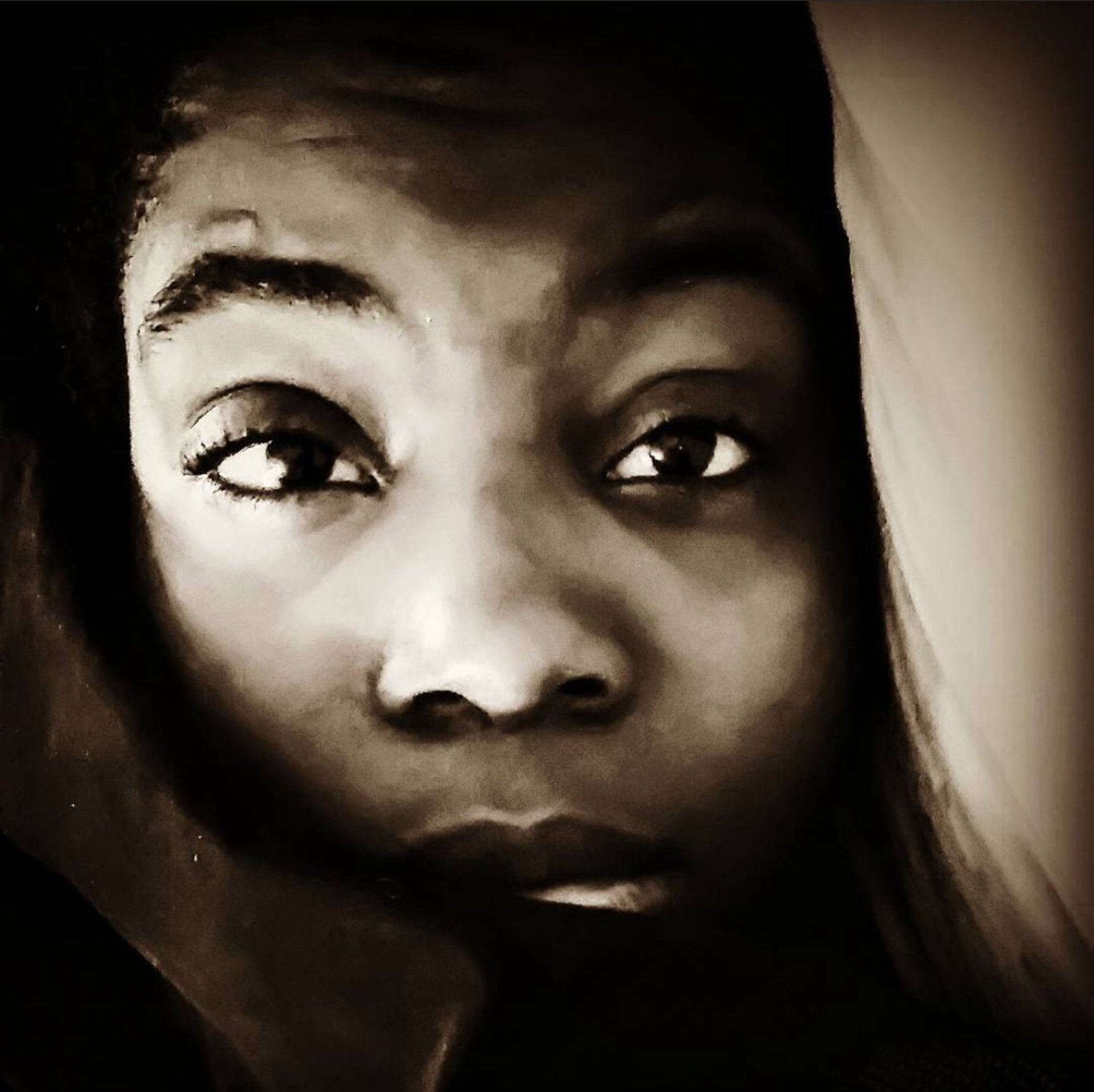Breaking the Silence: My Journey with Mental Health as a Black Woman
For a long time, mental health wasn’t something I felt I could talk about. Growing up as a Black child, there were expectations and unspoken rules about strength, resilience, and silence when it came to pain—especially emotional pain. Like many in my community, I was taught that “we don’t do that”, struggles with mental health were either a weakness, ment you were just "crazy", or something only "other people” experienced. It wasn’t until I faced my own battles with depression, anxiety, and later, a diagnosis of bipolar disorder, that I began to confront the realities of these beliefs. This post is a personal journey through my mental health experiences, the cultural stigmas I encountered along the way, and my hope to break the silence that surrounds mental health in our community.
MENTAL HEALTH
11/6/20243 min read

Growing up mental health wasn’t something we talked about. If anything, we actively avoided it. Phrases like “I’m not crazy” and “Only white folks kill themselves, we don’t do that” echoed in my family and community. Mental illness, if it existed, was someone else’s issue – something foreign and removed from our reality. I grew up believing these things, and so when I struggled with my own mental health, I didn’t even have the words to describe what I was feeling. You see I knew people killed themselves but I didn't have a clue why they did. I had a friend in middle school who use to cut herself and would show me the scars, this friend was white...when I asked her why she did that she would try to explain that physical pain made her feel better from here sadness...but that just didn't make sense to me. So naturally when my turn came around I didn’t know what it meant to be depressed or anxious; all I knew was that something was deeply wrong with me.
When I was 21, I went through something that would change the course of my life: I was sexually assaulted. After that, I felt a sadness that wouldn’t go away. It was different from anything I’d experienced before – this sadness was heavy, unrelenting. I cried uncontrollably for hours, until I was exhausted, and then I’d sleep only to wake up and start all over again. I didn’t know what I was dealing with, and no one around me could give me answers. “Depression” wasn’t a word I’d ever heard used to describe emotions like mine, so I was left in the dark, struggling alone.
After living this way for well over a month, I finally decided to see a doctor. I told him I didn’t know what was wrong, but I knew that something was very wrong. That visit opened a door for me. I learned terms like “mental health,” “depression,” and “hopelessness.” I was placed in a depression group where I began to understand what I was feeling – but I didn’t realize that this would only be the start of a long, ongoing journey.
At 23, new symptoms started to surface. Panic attacks would hit me out of nowhere, leaving me breathless, my heart racing, feeling scared and confused. I ended up in the ER, where I was placed in an intensive outpatient program (IOP) and received a preliminary diagnosis: unspecified bipolar disorder. As I learned more about the disorder, I began to see signs in myself that had been there since childhood. My mental health struggles reached a peak at age 24 when I had thoughts of wanting to harm others. I was hospitalized on what’s known as a 5150 hold, which was later extended to a 5250. It was during that stay that I received a more specific diagnosis: Bipolar Disorder, Mixed Episodes. For the first time, my experience had a name. But when I shared this diagnosis with my family, I was met with denial. My dad said, “You ain’t got no bipolar disorder.” My mom admitted later that she didn’t believe it until she witnessed one of my episodes firsthand.
The stigma was real. Even though I was struggling, my family had a hard time understanding, and to this day, only a handful of my family members know. One of my aunts, who I trusted, told me to “not receive that” diagnosis because, in her words, “the Lord has you.” I’m a devout Christian, so I understand her sentiment. But this idea that we can simply “pray it away” can be damaging. Mental health struggles are real, and they don’t just disappear because we have faith.
For me, my faith isn’t a cure for my mental health challenges; it’s a source of strength. Like Paul’s thorn in his side, this diagnosis is mine – something I live with, something that God will help me carry, not necessarily take away. In the Black community, we often over-spiritualize things that are real and tangible. Yes, I believe in God’s power, but I also believe He placed mental health professionals here for a reason. I’ve learned that having bipolar disorder doesn’t make me “crazy” or “broken.” It’s part of who I am, a part that requires care, compassion, and understanding.
I’m 31 now, and my journey with mental health continues. I still sometimes feel misunderstood by my family, and I know that my experience isn’t unique. We, as African Americans, have to break the silence around mental health. We need to let go of the stigma, stop calling each other “crazy,” and start having real conversations about mental illness. It’s not a sign of weakness; it’s a part of life for many of us. It’s time we give ourselves permission to seek help, to say “I’m struggling,” and to let our community know that we don’t have to do this alone.
